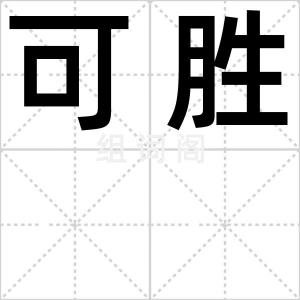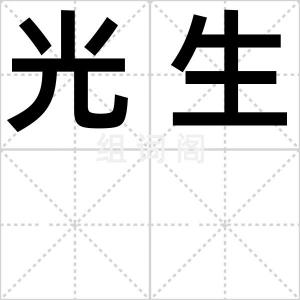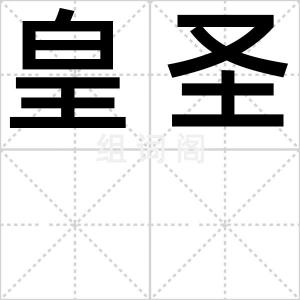可胜是什么意思 拼音应该怎么读
 | 拼音 | Ke Sheng |
| 书写 | 可胜 | |
| 基本解释 | 岂能忍受。《续资治通鉴·宋高宗绍兴三十一年》:“八陵废祀,可胜抔土之悲!” |
扩展释义
What is the meaning of "不可胜举"?
"不可胜举" is a Chinese phrase that means "innumerable" or "countless". It is used to describe something that is so numerous or vast that it cannot be counted or listed.
Examples of usage
One example of how "不可胜举" might be used is in the context of nature. A person might say "大自然中的物种是不可胜举的" (dà zì?rán zhōng de wù zhǒng shì bù kě shèng jǔ de), which means "the species in nature are countless".
Another example of how "不可胜举" might be used is in the context of history. A person might say "我们xx有着不可胜举的悠久历史" (wǒ?men guó?jiā yǒu zhe bù kě shèng jǔ de yōu?jiǔ lì?shǐ), which means "our country has an innumerable and long history".
Etymology
The phrase "不可胜举" is composed of three Chinese characters: "不" (bù), "可" (kě), and "胜举" (shèng jǔ). "不可" means "cannot" or "not", and "胜举" means "to surpass" or "to overcome". Therefore, "不可胜举" literally means "cannot be surpassed or overcome".
The phrase has its roots in classical Chinese literature and can be found in many ancient texts.






